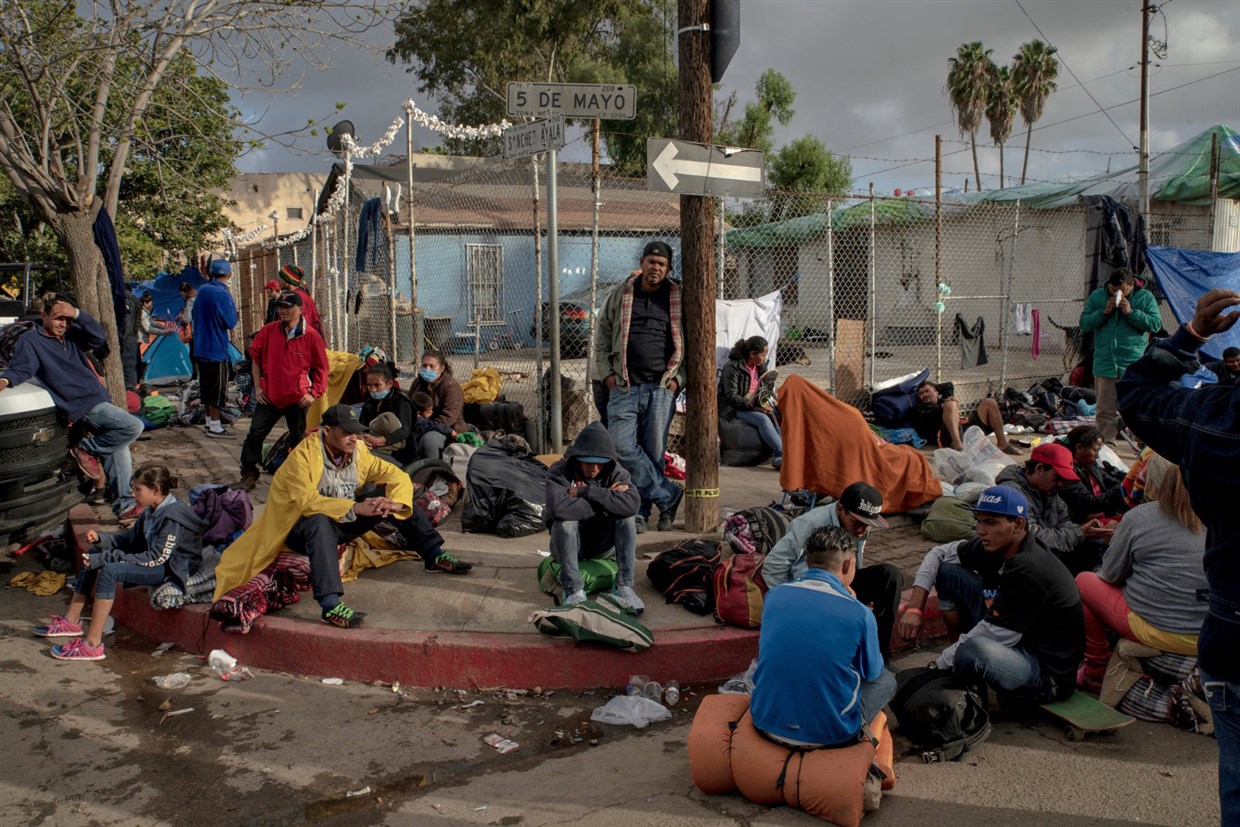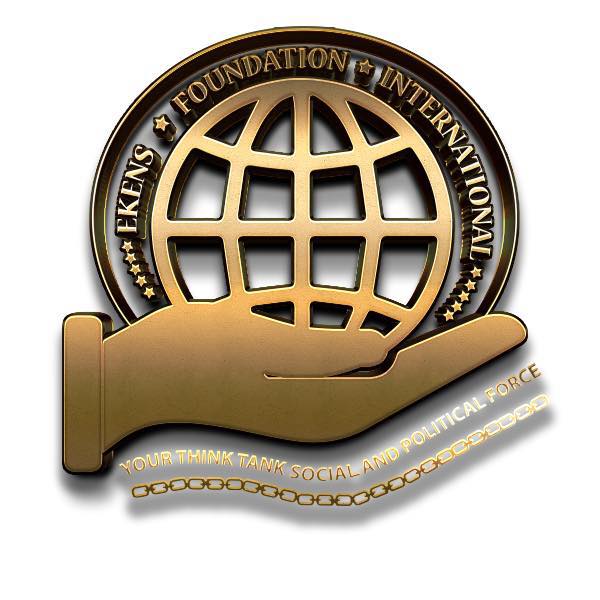info@ekensfoundation.org

U.S. officials made list of reporters, lawyers, activists to question at border
Several people on the list told NBC News they were questioned at the border as part of what U.S. border agents called a “national security investigation
Thank you for reading this post, don't forget to subscribe!Photographer Kitra Cahana was on a list of people who officials said should be stopped for questioning when entering Mexico at San Diego-area checkpoints. She took this photo while covering the migrant caravan crossing Mexico
WASHINGTON — Customs and Border Protection has compiled a list of 59 mostly American reporters, attorneys and activists for border agents to stop for questioning when crossing the U.S-Mexican border at San Diego-area checkpoints, and agents have questioned or arrested at least 21 of them, according to documents obtained by NBC station KNSD-TV and interviews with people on the list.
Several people on the list confirmed to NBC News that they had been pulled aside at the border after the date the list was compiled and were told they were being questioned as part of a “national security investigation.”
CBP told NBC News the names on the list are people who were present during violence that broke out at the border with Tijuana in November and they were being questioned so that the agency could learn more about what started it.
The list, dated Jan. 9, 2019, is titled “San Diego Sector Foreign Operations Branch: Migrant Caravan FY-2019 Suspected Organizers, Coordinators, Instigators, and Media” and includes pictures of the 59 individuals who are to be stopped. The people on the list were to be pulled aside by Customs and Border Protection agents for questioning when they crossed the U.S.-Mexico border to meet with or aid migrants from the Honduran caravan waiting on the Mexican side of the border.
The list includes 10 journalists, seven of them U.S. citizens, a U.S.-based attorney and others labeled as organizers and “instigators,” 31 of whom are American. Symbols on the list show that by the time it was compiled 12 of the individuals had already been through additional questioning during border crossings and nine had been arrested.
In some cases, CBP had also compiled dossiers on the individuals with the help of intelligence from Mexican officials, according to the materials obtained by KNSD.
The cover of the list includes a seal with both the American and Mexican flags and was compiled shortly after the arrival of nearly 5,000 Honduran immigrants at the Tijuana-San Ysidro border, which is in the Border Patrol’s San Diego sector.
On Nov. 25, unrest broke out as some immigrants attempted to run through border checkpoints or scale the barriers after growing frustrated with the long wait to enter the country. CBP officers responded with tear gas, bringing attention to the worsening tension between CBP and the frustrated migrants in Tijuana.
In response to a KNSD question about the list, a spokesman for CBP said it is protocol to “collect evidence that might be needed for future legal actions.”
“To determine if the event was orchestrated…CBP and our law enforcement partners evaluate these incidents, follow all leads garnered from information collected, conduct interviews and investigations, in preparation for, and often to prevent future incidents that could cause further harm to the public, our agents, and our economy,” the spokesman told KNSD.
FEARS CONFIRMED
The documents confirm what many people who report on immigration or provide humanitarian aid and legal counsel to asylum seekers at the southern border have reported anecdotally. They say that CBP is focused on them and increasingly pulling them aside for what is known as a “secondary screening.”
During that screening, journalists and lawyers describe being told that they are being interviewed as part of a national security investigation and that they must give officers access to their cell phones. Many do not know their rights as American citizens to refuse to answer such questions or request a lawyer.
One lawyer from the list who was recently stopped at a San Diego-area crossing, Nicole Ramos, refugee director for Al Otro Lado, a law center for migrants in Tijuana, Mexico, learned from NBC News that CBP had compiled a dossier of information on her. The dossier included personal details such as her mother’s name, her social media pictures, the car she drives and her work and travel history.
“The document…appears to prove what we have assumed for some time, which is that we are on a law enforcement list designed to retaliate against human rights defenders who work with asylum seekers and who are critical of CBP practices that violate the rights of asylum seekers,” Ramos said.
Two other immigration lawyers who frequently travel to northern Mexico to help asylum seekers attempting to cross into the U.S. say the practice is starting to scare away would-be volunteers.
“It has a real chilling effect on people who might go down there. I was going to go this week, but I had to worry about whether I could get back in [to the U.S.],” one lawyer speaking on the condition of anonymity told NBC News.
Other immigration lawyers told NBC News they have been stopped and questioned in places far from San Diego. In Juarez, an attorney was stopped and accused of being a human smuggler. She was released only after the officers took her contacts and data from her phone. She was also asked what she was telling asylum seekers to say to U.S. authorities, according to another lawyer speaking on her behalf.
A former senior DHS official said it is against U.S. policy to target travelers based on their profession.
“It would be highly inappropriate and questionable from a legal perspective,” the former official said.
“While it is true that CBP has broad authority to interview and search anyone crossing the border, if there is no reasonable suspicion that you are involved in criminal activity, then they have no right to detain you,” the former official added
